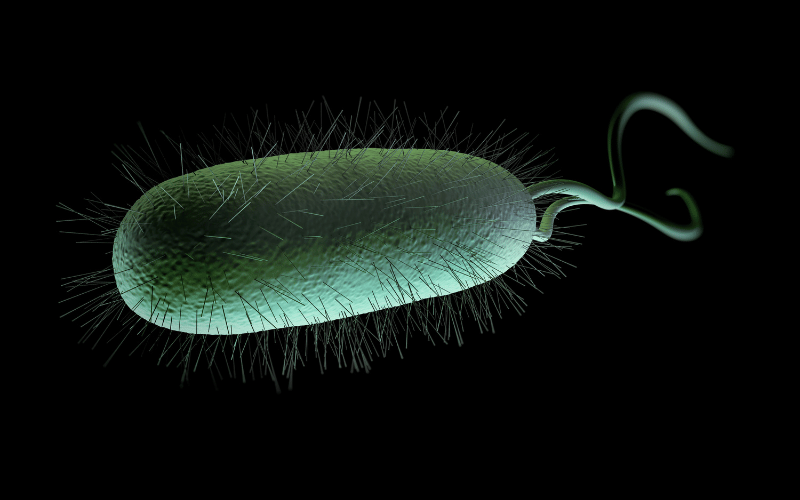Risk Factor 8: Bacterial Invasions – The Role of H. pylori

Helicobacter pylori, abbreviated as H. pylori, is a type of bacteria that primarily targets the stomach’s inner lining. While many people can carry this bacteria and show no symptoms, its prolonged presence can lead to ulcers and, in some cases, pave the way for stomach cancer.
Upon entering the stomach, H. pylori gets to work by reducing the stomach’s acid production. While this might sound beneficial, this acid usually acts as a barrier against bacterial invasion. With it diminished, the bacteria can multiply, causing inflammation and leading to gastritis. Over time, the chronic inflammation can progress to gastric cancer.
Fortunately, detecting H. pylori is straightforward, with breath tests, blood tests, and stomach biopsies commonly employed. Once diagnosed, a combination of antibiotics can efficiently eliminate the bacteria. It’s crucial to finish the prescribed course to prevent any residual bacteria from developing antibiotic resistance.
Though H. pylori can spread through contaminated food, water, or utensils, simple hygiene practices can mitigate risks. Regular hand washing, especially before eating or preparing food, can significantly decrease the chances of ingestion. Consuming adequately cooked meals and drinking clean water are other essential preventive measures. (8)